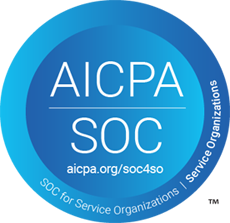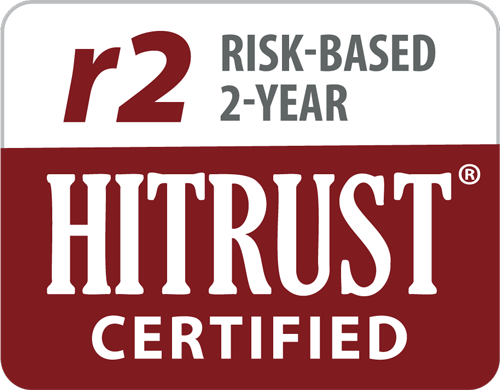BOISE, Idaho – February 1, 2018 – Kno2®, the company that provides Interoperability as a Service to everyone in healthcare, today announced that Alan Swenson, the company’s director of interoperability, has been named co-chair of the Carequality Advisory Council. Mr. Swenson was elected to serve a two-year term on the Advisory Council in October 2017. Carequality is a national-level, consensus-built, common interoperability framework to enable exchange between and among health data sharing networks.
The Carequality Advisory Council acts as a guiding body for the individual workgroups that address various organizational initiatives, and as an intermediary between the workgroups and the Steering Committee that oversees Carequality as a whole. In addition to Mr. Swenson’s position as co-chair of the Advisory Council, he will be a non-voting participant in Steering Committee meetings.
In this new role, Mr. Swenson will represent Kno2 by advocating for healthcare sectors that did not receive government incentives to adopt an electronic health record (EHR), i.e. long-term post-acute care (LTPAC), emergency medical services (EMS) and behavioral health, to name a few. He brings extensive experience through his previous position at Epic, where he assisted hundreds of healthcare systems to provide their clinicians with a fully integrated interoperability solution to access patient records from outside organizations, and represented the company in various volunteer capacities at Carequality.
“To date, much of the connectivity supported by Carequality has been between healthcare providers who had implemented EHRs,” said Mr. Swenson. “Now that two million health records are being exchanged between these organizations each month, Kno2 is expanding the playing field by allowing paper-based providers to go live on Carequality through a web portal and making it possible for EMS providers to query vital patient data while en route. Along with the vast number of providers across the care continuum that are already supported by Kno2, these additions will be game-changers that will ripple throughout healthcare.”
As Carequality expands the ability to connect more types of providers, Mr. Swenson will also be active in shepherding critical new initiatives that expand the effectiveness of that connectivity. “At first, interoperability was this ‘cool, new thing.’ Providers were thrilled to be able to exchange information electronically between, say, hospitals and clinics, which was traditionally done via point-to-point integration projects – a heavy lift for most organizations,” said Mr. Swenson. “As interoperability becomes an expectation rather than an exception, it’s important to think about not only how to implement it cost-effectively, but also to examine what type of data we’re exchanging, as well as how it’s structured and formatted. The next phase is the opportunity to standardize content being shared by various EHR vendors.”
Now that Carequality has enabled query-based exchange of patient information, future areas of focus could include additional methods of exchange, such as provider-to-provider communication, closed-loop referrals and event-based notifications to a patient’s care team. “It’s exciting to be active in a group like Carequality that is finding ways to overcome current limitations in order to drive meaningful information exchange for more providers,” Mr. Swenson said.
“Carequality is driven by our members, experts from across the healthcare continuum who bring unique perspectives and a desire to improve health data access for patients and caregivers,” said Dave Cassel, The Sequoia Project Vice President for Carequality. “Alan’s leadership, along with co-chair Morgan Knochel of OneRecord, will be essential as we look forward to a year of expanding operations and engagement in exciting new projects.”
About Carequality
Carequality is a national-level, consensus-built, common interoperability framework to enable exchange between and among health data sharing networks. Carequality brings together a diverse group of representatives, including electronic health record (EHR) vendors, record locator service (RLS) providers, and other types of existing networks from the private sector and government, to determine technical and policy agreements to enable data to flow between and among networks, platforms, and geographies, much like the telecommunications industry did for linking cell phone networks. For more information, visit www.carequality.org and follow us at twitter.com/carequalitynet.




